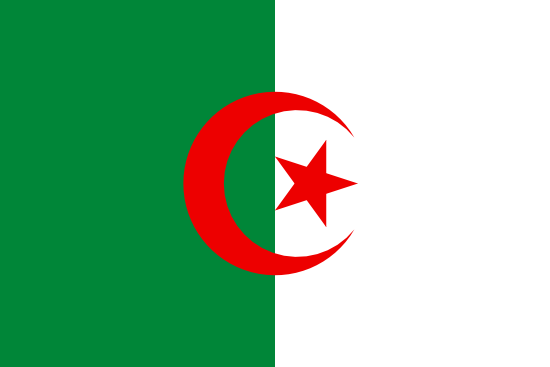
Health Insurance in Algeria, Africa
Information expatriation
Capital City: Algiers
Total area: 2,381,740 km2
Population: 33,858,000
Money: Currency Converter
Time Zone: List of time zones by country
Calling Code: +213 XXX
Practical Information:
Health Product: Travel Insurance and Health insurance
Health Insurance information and Sanitary Risk: World Health Map
BLOG: Expat Health insurance Information
Here is a brief description of the healthcare system in the country:
· Algeria has a public healthcare system that aims to provide universal coverage to its population. It is mainly funded by the government budget.
· Care is provided through a network of public hospitals, clinics, and healthcare centers spread throughout cities and rural areas. There are over 1,200 public healthcare facilities.
· Primary care is the entry point and is offered at community-based facilities like health centers. Referrals are required to access specialized services.
· Larger public hospitals provide more complex care including surgery, maternity services, pediatrics etc. Some also offer teaching/research roles.
· Quality of care varies with better services typically available in major urban centers compared to rural/underserved areas.
· Shortages of medical supplies, equipment, and qualified staff continue to impact service quality in parts of the system.
· Private medical practice and insurance play a relatively minor role as a supplement to the public system.
· Key health challenges include infectious diseases, non-communicable diseases, maternal and child health issues.
· Reforms aim to decentralize governance, expand insurance coverage, and upgrade healthcare infrastructure/resources nationwide.
· Algeria ranks relatively high in the region for health outcomes but still faces obstacles common to developing systems.
Here are some key health considerations for expatriates living in the country:
· Ensure comprehensive international health insurance including medical evacuation. Public system quality/coverage varies.
· Get necessary routine vaccinations and boosters before travel like hepatitis A/B, typhoid, diphtheria, tetanus, polio.
· Practice good hygiene and food/water safety. Drink only bottled water and avoid raw/undercooked foods.
· Air pollution is a concern in cities - use face masks during heavy smog periods if susceptible.
· Mosquito-borne diseases like malaria occur in some areas - use nets, repellent, and long sleeves at dusk.
· Healthcare services outside major cities may be limited - seek international standard options for serious issues.
· Pack extra supplies of any prescription medications plus copies of prescriptions.
· Learn some basic Arabic phrases for communicating medical needs or emergencies.
· Driving safety risks include poor infrastructure, non-enforced laws - drive defensively at all times.
· Stress from living abroad could impact health - develop support systems and self-care routines.
· Ensure someone knows your location/itinerary in case of emergency while traveling.
